In light of the news of the discovery of gravitational waves, this piece by Michael Daly in the Daily Beast really says it all:
Einstein declared that a great scientist had to be an artist before all else. He sought and found inspiration in the work of Mozart above that of all others. “Mozart’s music is so pure that it seemed to have been ever-present in the universe, waiting to be discovered by the master,” Einstein once said. Einstein later described Mozart’s work as “a reflection of the inner beauty of the universe itself,” adding, “like all great beauty, his music was pure simplicity.”
The biographer Walter Isaacson would quote an Einstein friend describing the great thinker as playing his violin in the kitchen late into the night. The music would suddenly stop. “I’ve got it!” Einstein would exclaim.
He did not so much envision as intuit, feel a cosmos where space and time were a vibrant whole, expanding and shrinking, animated by gravitational waves generated by the motion of matter. The most powerful waves he contemplated were those that would be generated by one star orbiting another. But even those waves would not be powerful enough over great distances to be measured and thereby confirmed. He himself is said to have sometimes doubted his conjectures.
As usual, Einstein was right. But he came to his conclusion first through the medium of art, then applied that insight to science:
In 1952, the Juilliard String Quartet gave Einstein a private concert at his Princeton, New Jersey home. The man who could intuit across vast reaches of space and time was now 72 and as subject as anybody else to aging as calibrated by the human life span. He initially declined when the quartet asked him to join them, explaining that a decline in manual dexterity had led him to give away his violin.
The quartet had a spare and asked Einstein what he wanted to play. Einstein agreed and chose a Mozart quintet. “Dr. Einstein hardly referred to the notes on the musical score,” the first violinist, Robert Mann, would later say, as reported by The New York Times. “While his out-of-practice hands were fragile, his coordination, sense of pitch, and concentration were awesome.”
More arts in the schools, fewer metal detectors. It really is that simple. For the arts takes us places into the human soul, and into the relationship of God and Man that science cannot go.

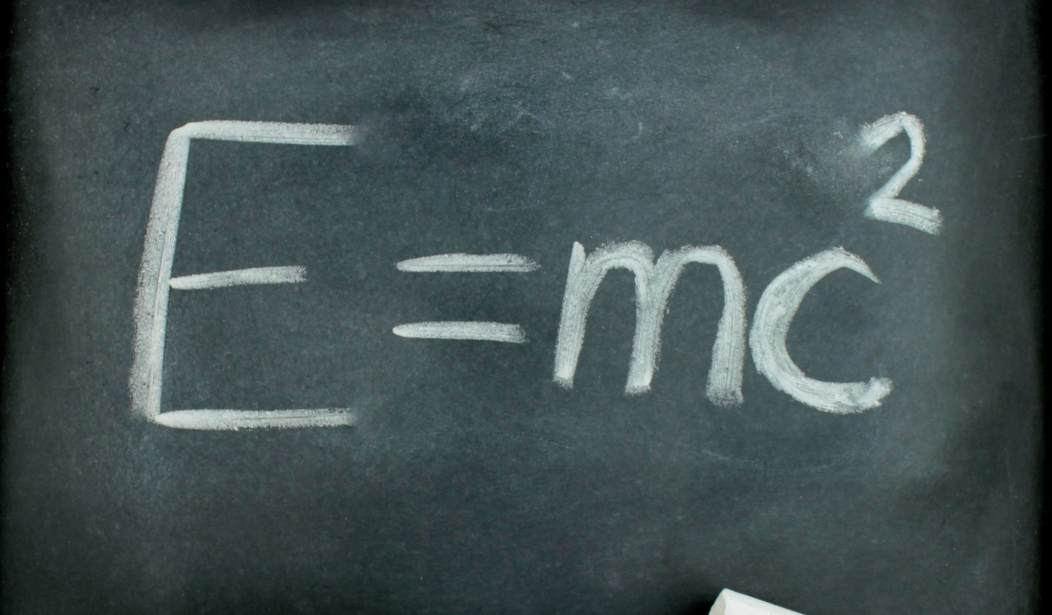
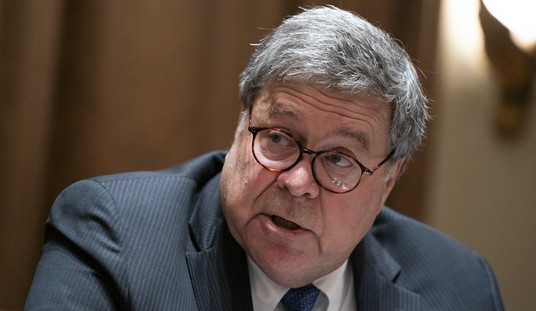
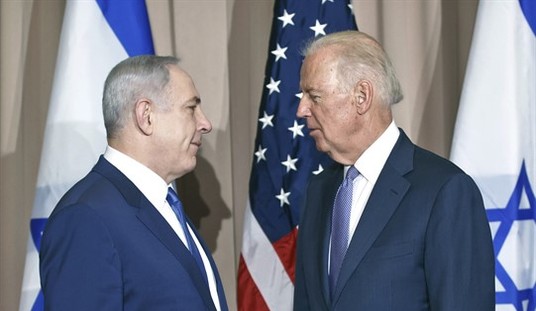

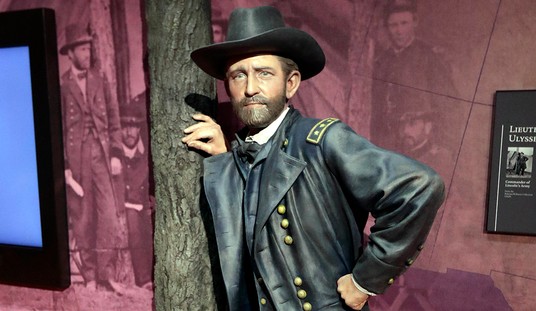

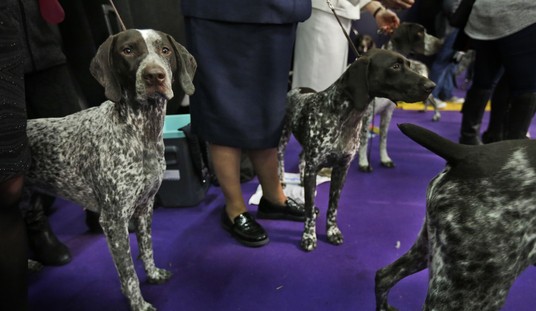
Join the conversation as a VIP Member